Comparative Research and Communication on Faith & Value
We conduct and fund comparative research and communication in Religions between East and West in order to promote cross-cultural understanding of faith and belief systems. We are especially interested in research that results in practical methods that can guide believers to take action.
OUR IMPACT
This research is funded by Dao Feng and Angela Foundation to provide guidance for Chinese churches. The final reports include an executive report, and the full-version reports in English, Korean and Chinese. Below is the summary report. You can find the full version of the English Report through the Link at the end of the page.
D.C. Chinese and Korean Congregations Report 2024 Wheaton HDI
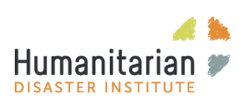
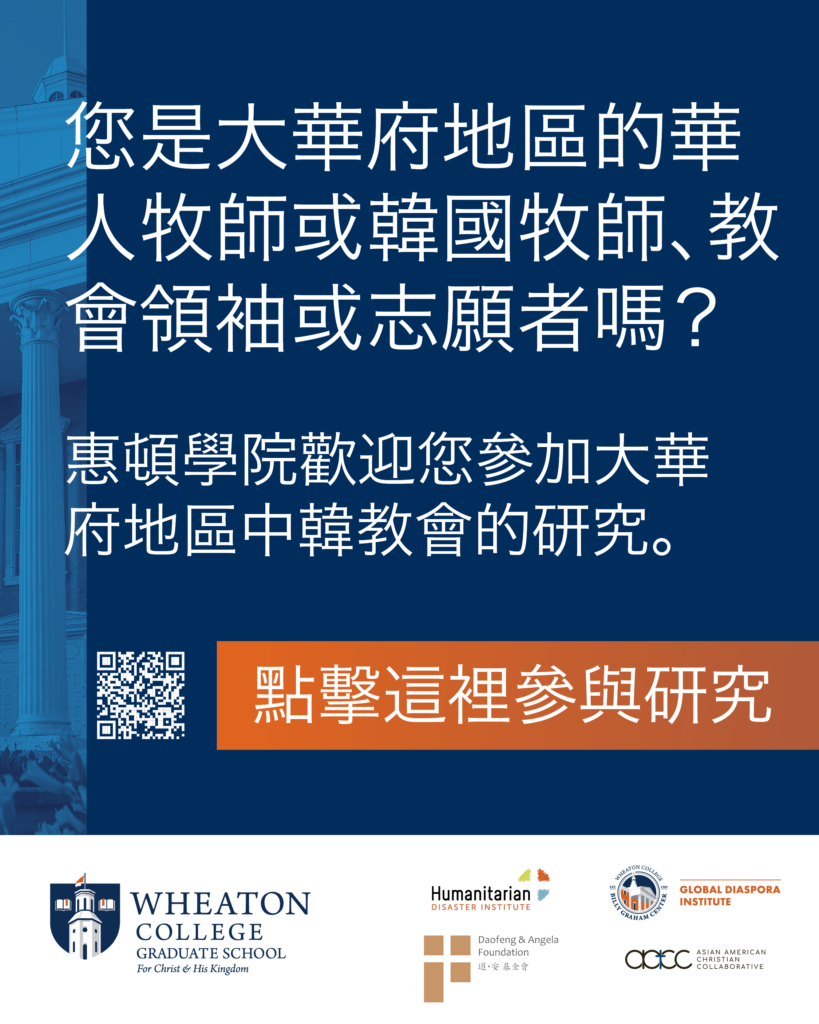
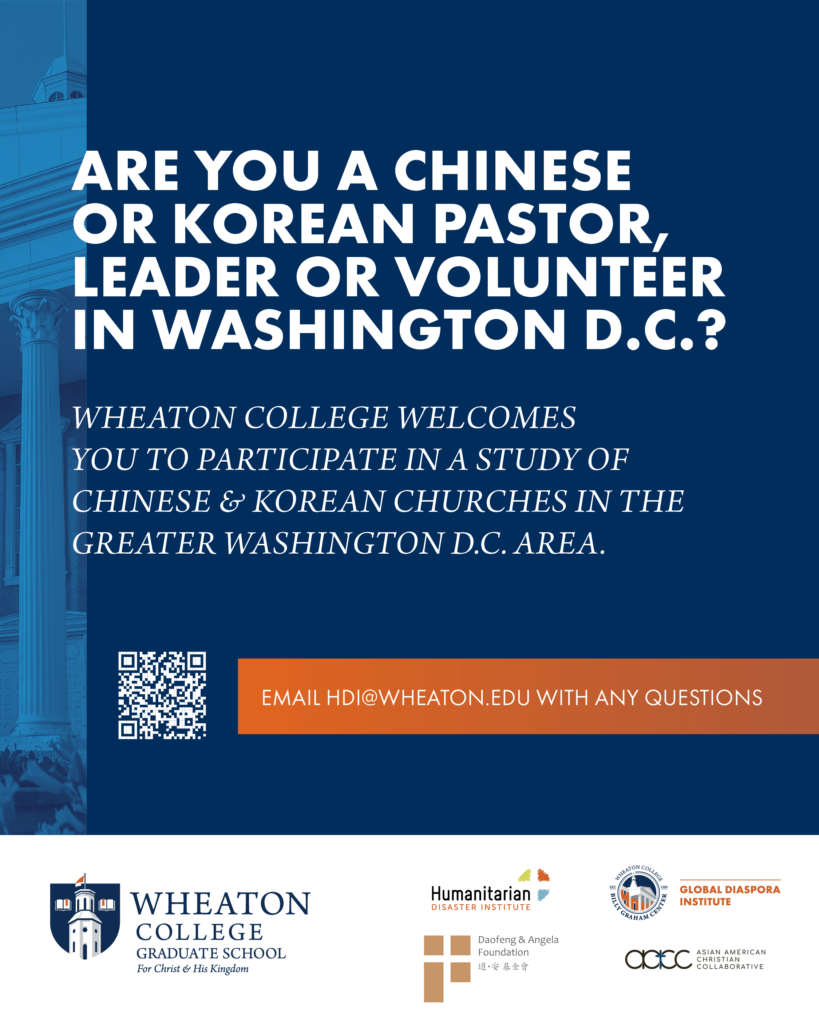
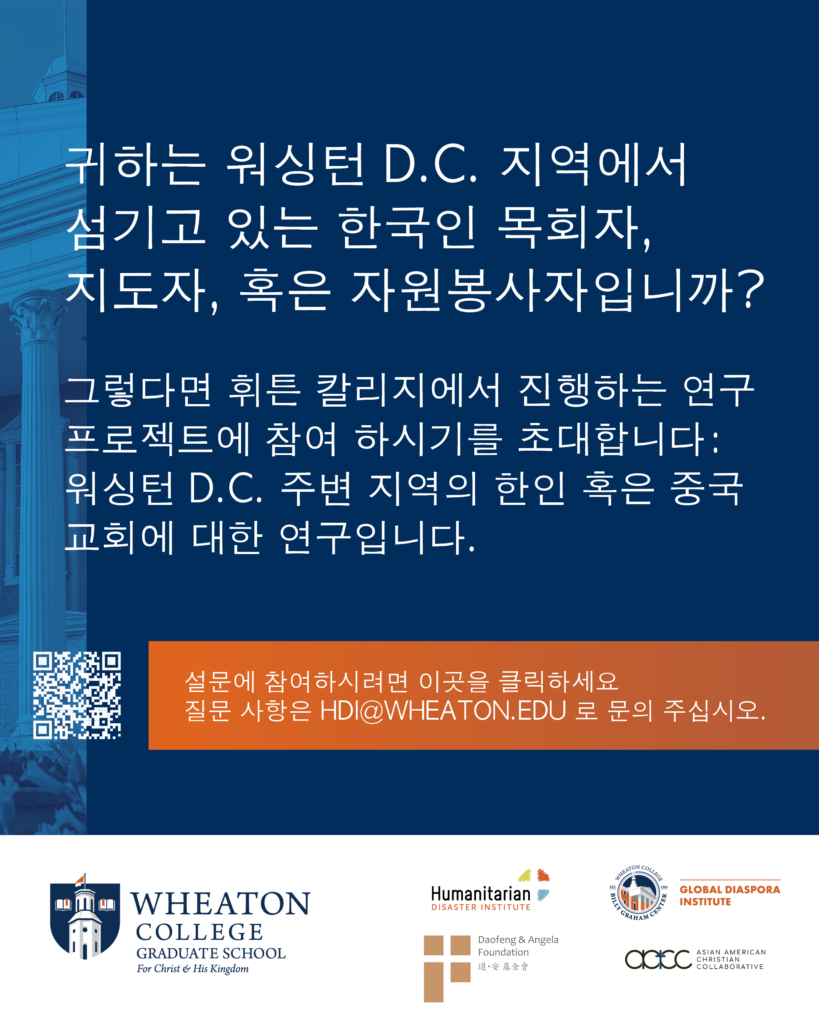
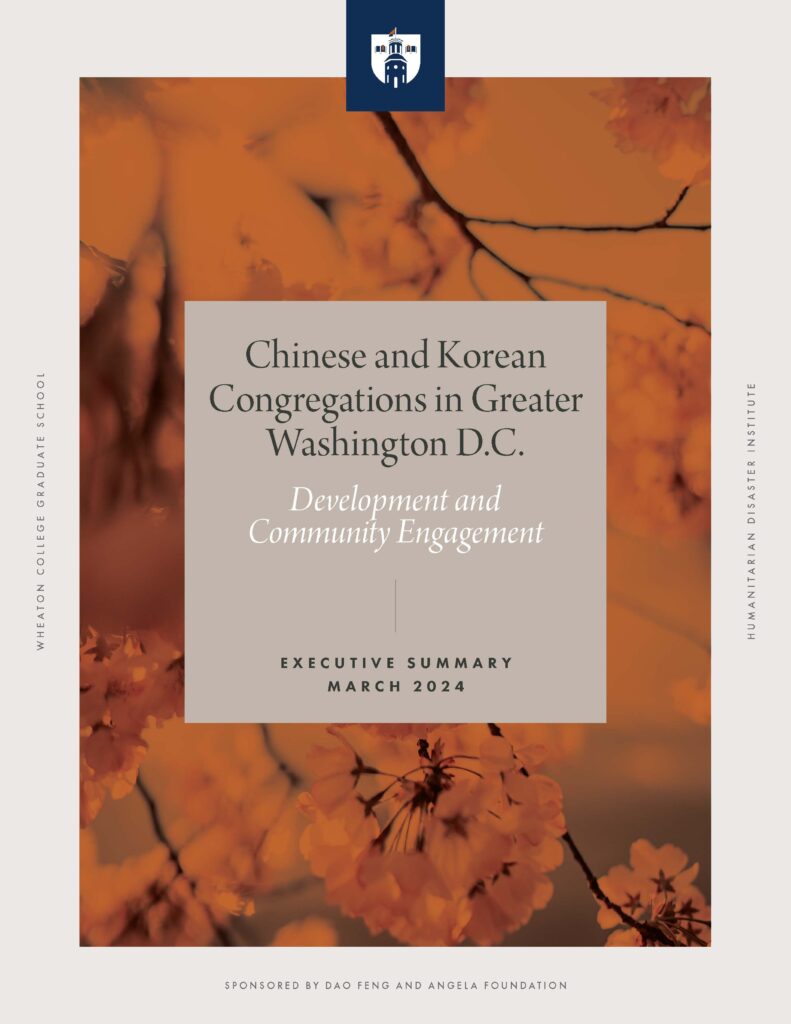
Download the report using the link under the “Our Impact” column above.
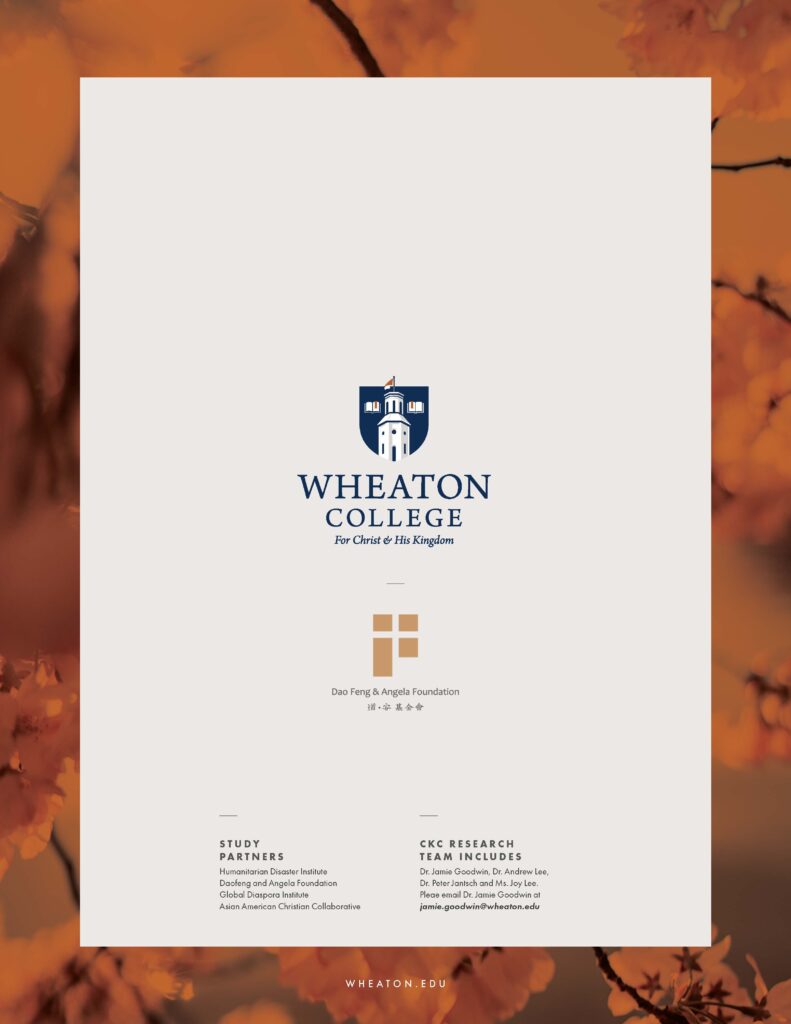
Explore Projects by Theme
Comparative Research on Faith
Learn More
Research and Practice of Universal Values
Learn More
Conservation of Heritage & Tradition
Learn More